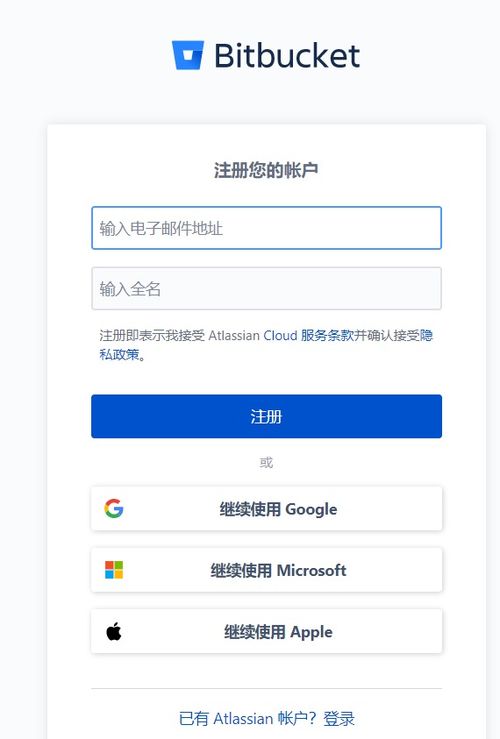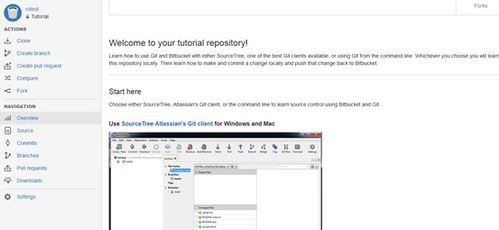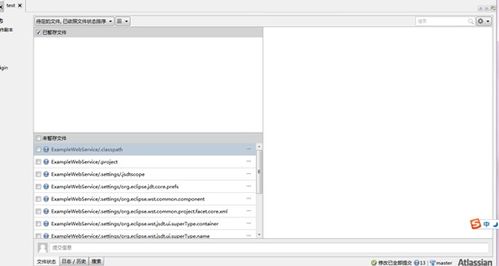Accessing a File in the ‘src’ Directory via Bitbucket Link in Your README
Are you looking to include a direct link to a file within your project’s ‘src’ directory on Bitbucket in your README file? This can be a convenient way for users to access specific files without navigating through the repository. In this article, I’ll guide you through the process step by step, ensuring you have a clear understanding of how to do it.
Understanding the Bitbucket Link Structure

Before we dive into the specifics, it’s important to understand the structure of a Bitbucket link. A typical link to a file in the ‘src’ directory might look something like this:
https://bitbucket.org/username/repository/src/commit-hash/filename
This link consists of several components:
| Component | Description |
|---|---|
| https://bitbucket.org/ | The base URL for Bitbucket. |
| username/repository | The username and repository name. |
| src | Indicates the ‘src’ directory. |
| commit-hash | The commit hash of the specific version of the file you want to link to. |
| filename | The name of the file you want to link to. |
Locating the Commit Hash

One of the most crucial parts of the link is the commit hash. This is a unique identifier for a specific version of the file. To find it, follow these steps:
- Go to your Bitbucket repository.
- Click on the ‘src’ directory to navigate to it.
- Locate the file you want to link to.
- Right-click on the file and select ‘Show in tree’ or a similar option.
- The page that loads will display the commit hash in the URL. Copy this hash.
Creating the README Link

Now that you have the commit hash, you can create the link in your README file. Here’s how:
- Open your README file in your preferred text editor.
- Insert the following format into your README, replacing the placeholders with your actual information:
- Save your README file.
Testing the Link
After you’ve added the link to your README, it’s a good idea to test it to ensure it works correctly. Here’s how:
- Commit and push your changes to your repository.
- Go to your repository’s README page on Bitbucket.
- Click on the link you’ve added.
- Check that the file opens correctly and that the link points to the correct version of the file.
Additional Tips
Here are a few additional tips to keep in mind when adding a Bitbucket link to your README:
- Make sure the link is easy to find and clearly labeled.
- Consider adding a brief description of the file or its purpose next to the link.
- Keep the link up to date with the latest commit hash to ensure users always have access to the most recent version of the file.
By following these steps, you should now have a clear and direct link to a file in your project’s ‘src’ directory on Bitbucket within your README file. This can greatly enhance the user experience and make it easier for others to access the files they need.

















